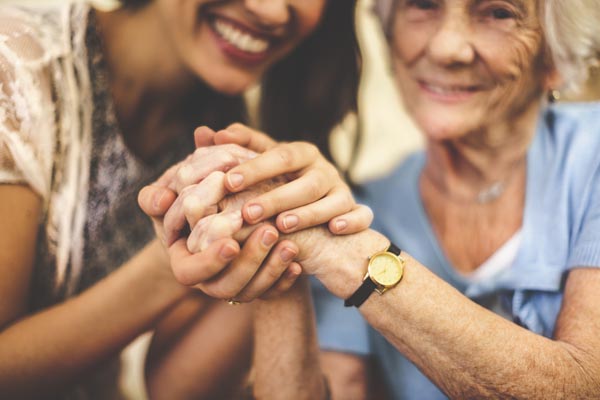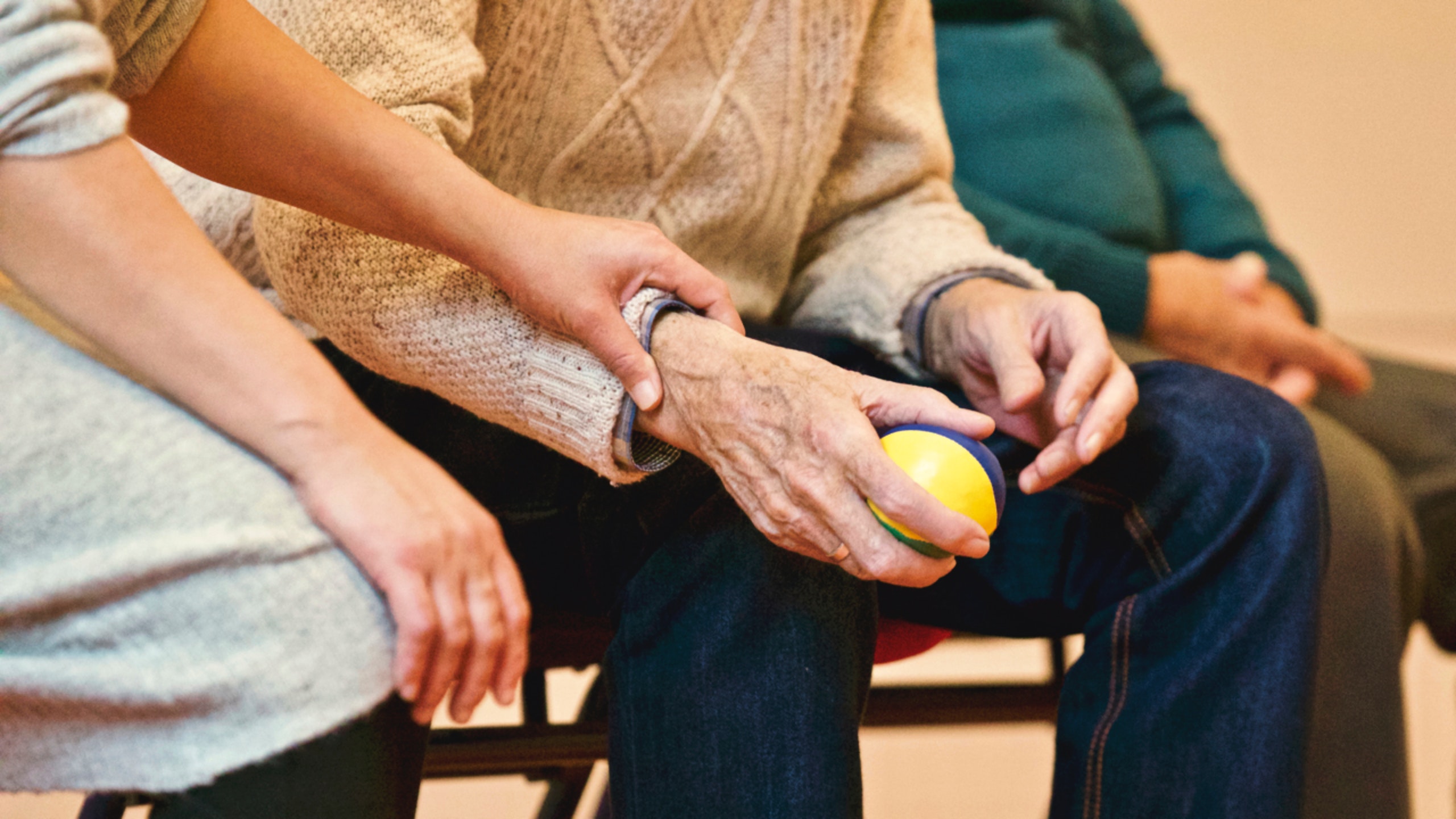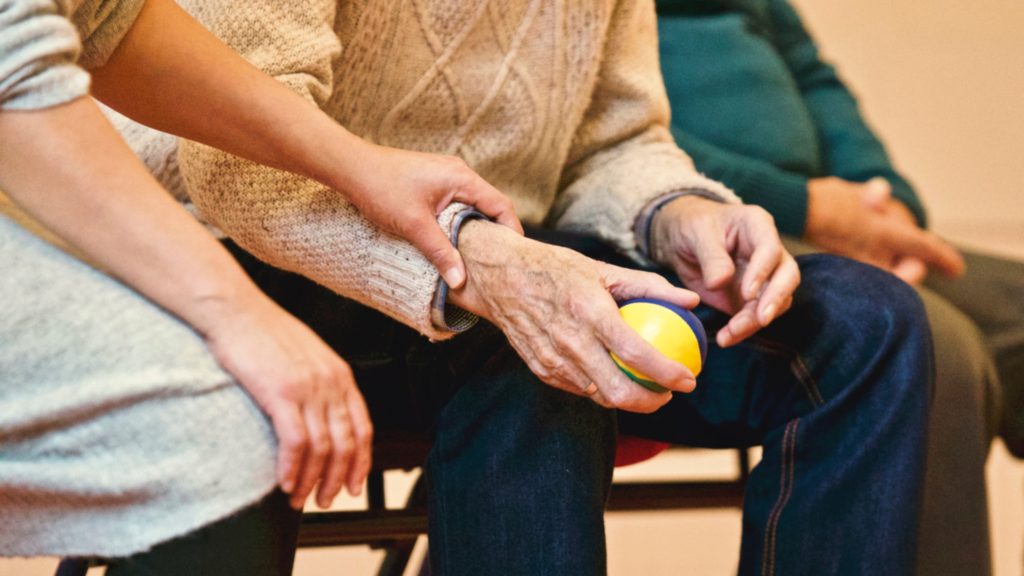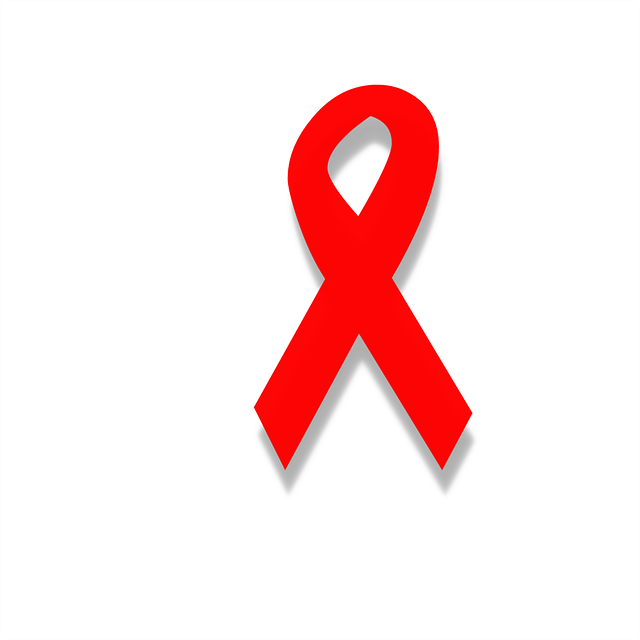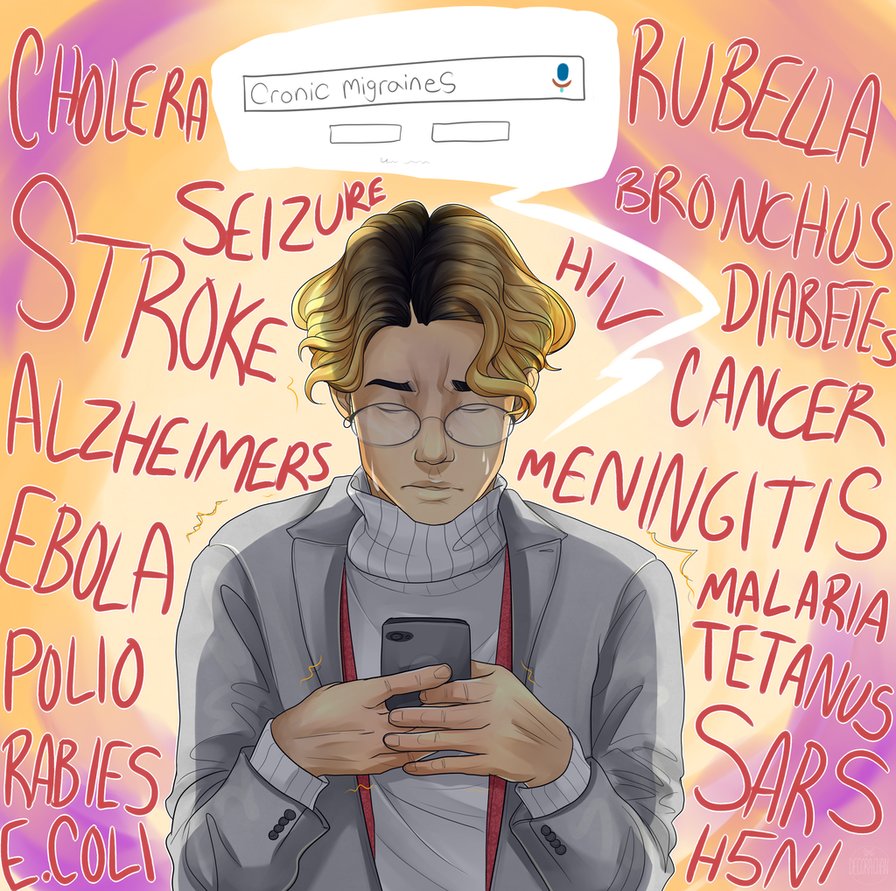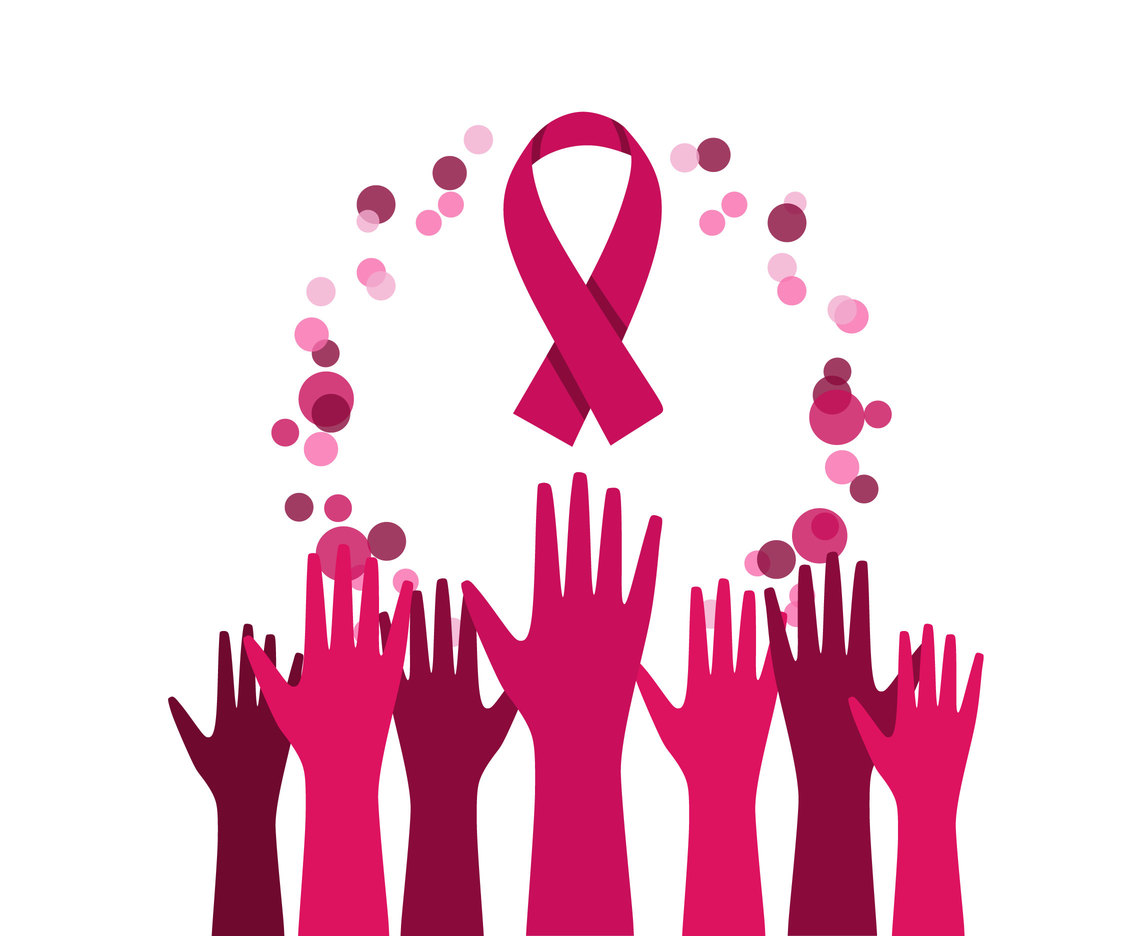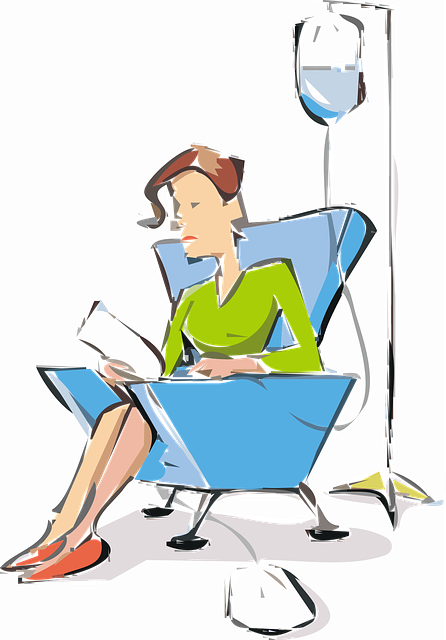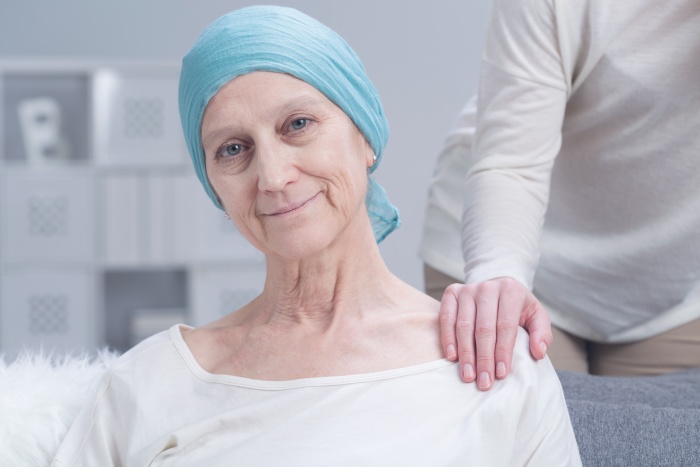Building Immunity

What does research say in improving the immune function?
Research is continually being made and shown how diet, exercise, age, psychological stress, and other factors influence the immune system of the adults and the children.
Adopt healthy life style habits such as:
- Good hygiene-Practice good hygiene methods such as properly wash your hands before consuming food. Maintain good sanitary hygiene methods.
- Vaccination- Go for all the mandatory vaccinations required under national immunization programme.
- Food Safety-Eat fresh, healthy and clean food
- Clean water- Drink chlorinated and safe water.
- Refrain from smoking
- Consume a diet rich in fresh fruits and vegetables.
- Exercise regularly.
- Keep your weight under check
- Avoid alcohol.
- Take adequate sleep.
- Take important steps to keep stress at bay.
Some herbs which can boost the immune system:
Research has shown that the benefits of following herbs, supplements and essential oils which have been found in building the immunity:
Echinacea
A 2012 study published in Evidence-Based Complementary and Alternative Medicine found that Echinacea was found beneficial in fighting against some recurrent infections, and showed a great benefit in preventing against many infections.
A 2003 study conducted at the University of Wisconsin Medical School demonstrated that Echinacea can boost the immune system. Echinacea was found beneficial in stimulating and boosting the immunity and was found beneficial in fighting against upper respiratory tract infections
Elderberry
Hippocrates, the father of medicine realized the importance of the plant elderberry considering its great health benefits, including its ability to fight colds, the flu, allergies and inflammation. Studies have indicated that elderberry has the power to boost the immune system, especially because it has proven to help treat the symptoms of the common cold and flu.
A study published in the Journal of International Medical Research found that using elderberry within the first 48 hours of onset of symptoms, the extract reduced the duration of the fly
Colloidal Silver
Silver was a popular to stop spreading the diseases since ancient times. Silver has been recognized as a broad-spectrum antimicrobial agent. Research published in the Journal of Alternative and Complementary Medicine demonstrated that colloidal silver was able to significantly inhibit the growth of bacteria.
Taking one drop of the colloidal silver everyday and applying it on the wounds yields great benefits.
Probiotics
It has been found that an unhealthy gut is a major cause of food related infections, cause autoimmune disease and immune imbalance or a weakened immune system. Probiotics such as yogurt, curd release good bacteria which help to boost the natural immunity.
A research published in Critical Reviews in Food Science and Nutrition suggests that probiotic bacteria may induce different cytokine responses. Probiotics consume at the infancy have proved to improve the immune response and builds the immunity to fight infections.
Astragalus Root
Astragalus is a plant which belongs to the bean and legumes family. Traditional Chinese Medicine has used this plant to build the natural immunity.
A recent review published in the American Journal of Chinese Medicine found that astragalus-based treatments have shown great benefits in the improvement of the toxicity induced by drugs such as immune suppressants and cancer chemotherapeutics. Researchers concluded that astragalus extract has a beneficial effect on the immune system, and it protects the body from gastrointestinal inflammation and cancers.
Ginger
Indian Ayurveda medicine has relied on ginger’s ability for how to boost your immune system before recorded history. It’s believed that ginger can remove the toxins primarily due to its warming effects. It’s also known to cleanse the lymphatic system, our network of tissues and organs that help rid the body of toxins, waste and other unwanted materials.
Ginger root and ginger essential oil can be used to treat infections and diseases with its immune nutrition and anti-inflammatory responses. Ginger also has antimicrobial property, which helps in treating infectious diseases.
Vitamin D
Vitamin D can modulate the innate and adaptive immune responses and a Vitamin D deficiency is associated with increased autoimmunity as well as an increased susceptibility to infection. Research shows that vitamin D works to maintain tolerance and promote protective immunity. There have been multiple cross-sectional studies that associate lower levels of vitamin D with increased infection.
One study conducted at Massachusetts General Hospital included 19,000 participants, and it showed that individuals with lower vitamin D levels were more likely to report a recent upper respiratory tract infection than those with sufficient levels, even after adjusting for variables such as season, age, gender, body mass and race. Sometimes addressing a nutritional deficiency is how to boost your immune system.
Some other foods which can boost the immune system are:
- Oats and Barley
- Garlic
- Chicken soup
- Cereals
- Mushrooms
How to Boost Your Immune System with Lifestyle Changes
One must perform exercises on a routine basis to strengthen your immune system. A 2018 human study published in Aging Cell revealed that high levels of physical activity and exercise improve the immune senescence (gradual decline of the immune system) in older adults aged 55 through 79, compared to those in the same age group who were physically inactive. Healthy ageing can be achieved with help of the exercise and good physical activity.Few points as a precaution:
These herbs and medicines taken to boost the immune system should be used in moderation and gap should be given in their consumption. They are highly potent in their nature so must be consumed at regular intervals
Avoid their use if you are pregnant or use them under the guidance of your doctor.
Sources:
https://draxe.com/how-to-boost-your-immune-system/
https://www.health.harvard.edu/staying-healthy/how-to-boost-your-immune-system
https://www.prevention.com/food-nutrition/healthy-eating/a20503059/power-foods-that-boost-immunity/



